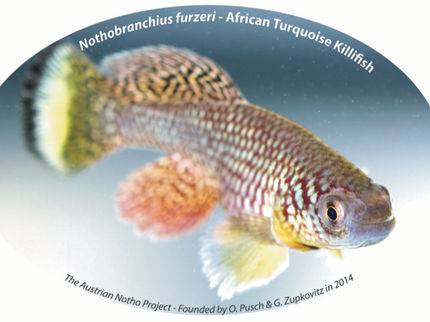Research breakthrough could lead to new treatment for malaria
Multinational team of researchers focuses on how parasites use enzymes to survive and spread disease
Advertisement
malaria causes more than two million deaths each year, but an expert multinational team battling the global spread of drug-resistant parasites has made a breakthrough in the search for better treatment. Better understanding of the make-up of these parasites and the way they reproduce has enabled an international team, led by John Dalton, a biochemist in McGill's Institute of Parasitology, to identify a plan of attack for the development of urgently needed new treatments.
Malaria parasites live inside our red blood cells and feed on proteins, breaking them down so that they can use the proceeds (amino acids) as building blocks for their own proteins. When they have reached a sufficient size they divide and burst out of the red cell and enter another, repeating the process until severe disease or death occurs. Dalton and his colleagues found that certain "digestive enzymes" in the parasites enable them to undertake this process. Importantly, the researchers have also now determined the three-dimensional structures of two enzymes and demonstrated how drugs can be designed to disable the enzymes.
"By blocking the action of these critical parasite enzymes, we have shown that the parasites can no longer survive within the human red blood cell," Dalton explains. The discovery will be published in the Proceedings of the National Academy of Sciences.
Other news from the department science

Get the life science industry in your inbox
By submitting this form you agree that LUMITOS AG will send you the newsletter(s) selected above by email. Your data will not be passed on to third parties. Your data will be stored and processed in accordance with our data protection regulations. LUMITOS may contact you by email for the purpose of advertising or market and opinion surveys. You can revoke your consent at any time without giving reasons to LUMITOS AG, Ernst-Augustin-Str. 2, 12489 Berlin, Germany or by e-mail at revoke@lumitos.com with effect for the future. In addition, each email contains a link to unsubscribe from the corresponding newsletter.


























































